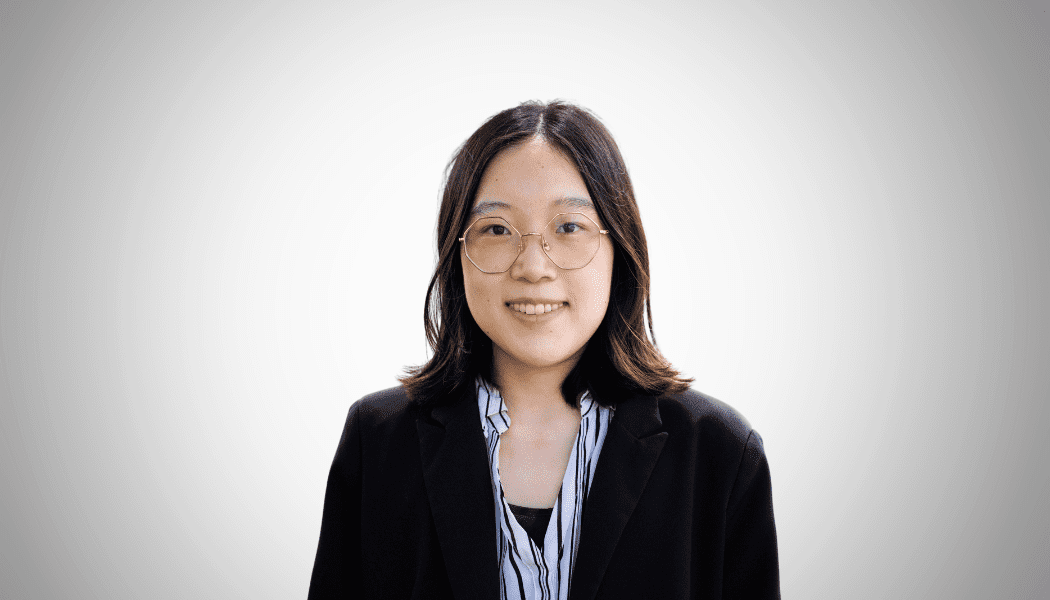When it comes to reshaping education in the U.S., few areas are as critical as math. Dr. Qiushan Liu, an assistant professor of psychology, is leading the charge with groundbreaking research aimed at bridging socioeconomic divides and enhancing the quality of math education. Her work focuses on how cognitive and emotional factors influence math learning and how these insights can be leveraged to improve teaching strategies for a more equitable educational system.
Dr. Liu believes that math is not just an academic subject but a crucial factor in determining career opportunities. “Math is a critical subject because it is closely linked to both college outcomes and career opportunities,” she asserts. Unfortunately, the journey to advanced math education is often fraught with challenges for students from low-income or historically marginalized communities.
Research shows that students from public schools with higher poverty rates scored 93 points lower in math compared to their peers in wealthier schools. By the time these students reach 8th grade, this gap only widens, severely limiting their access to high-paying STEM careers.
To combat this inequality, Dr. Liu emphasizes the need to make math education more accessible and engaging for all students, especially those in underserved communities. She explains, “By creating a more inclusive and enjoyable learning experience, we can encourage students from lower socioeconomic backgrounds to take advanced math courses.” This approach not only opens up more career opportunities but also helps create a fairer society.
However, implementing new, psychologically-informed teaching methods is not without its challenges. Dr. Liu acknowledges that traditional teaching frameworks often resist change and that many teachers are already overwhelmed by their responsibilities. It is not unbelievable that it can take years for a successful intervention to be fully implemented in practice.
Additionally, many students harbor a dislike for math that can lead to resistance against new learning methods. “Many students dislike math to the extent that they resist learning new content or experimenting with different ways of learning,” she adds.
Despite these obstacles, Dr. Liu remains hopeful about the potential for change in math education. She offers several strategies for teachers looking to integrate psychological insights into their classrooms. For instance, emphasizing conceptual understanding over procedural knowledge can help students develop a deeper grasp of mathematical concepts critical for problem-solving. She also advocates for intermixed practice, where students tackle various types of problems together, as research shows this method enhances retention and understanding.
Dr. Liu’s vision extends beyond the classroom; she believes strong math education is essential for cultivating future entrepreneurs who can thrive in a data-driven world. She believes that entrepreneurs must understand and analyze data before they get down to making informed decisions, highlighting that statistical literacy and mathematical fluency are crucial skills for business success.
Ultimately, Dr. Liu’s research aims to secure America’s position in an increasingly competitive global economy. By improving math education through psychological insights, we can build a workforce equipped with the skills needed in high-demand fields like STEM. As she succinctly puts it, “By improving math education, we can equip future American entrepreneurs with the confidence and competence to understand data, analyze trends, and make well-informed decisions.”
In the broader perspective, Dr. Liu’s work highlights the transformative potential of math education when grounded in psychological principles and inclusivity. By addressing these critical issues, we can help shape not just individual futures but also the future of an entire nation.

